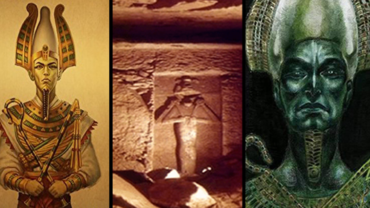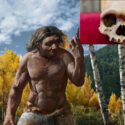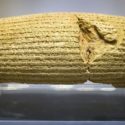“The Lost Sons of the Anunnaki”: Melanesian tribe DNA Genes of Unknown Species
On October 20, the American Society of Human Genetics held its annual meeting, and the conclusions they reached can easily be described as astonishing. The data they collected shows that people in Melanesia (an area in the South Pacific that surrounds Papua New Guinea and its neighboring islands) may be carrying some unknown genes in their DNA. Geneticists believe that unrecognized DNA belongs to a previously unknown species of humanoids.
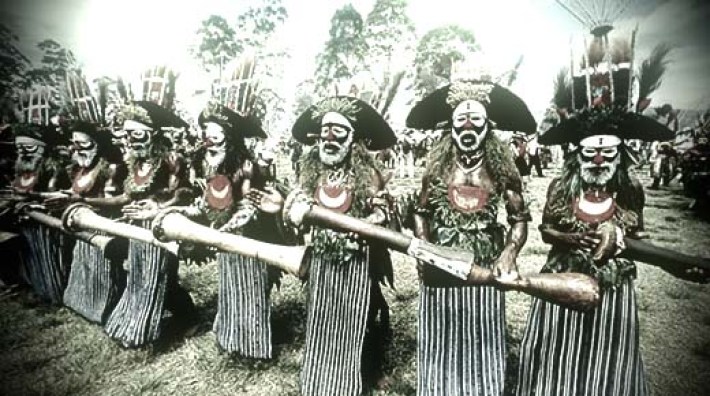
According to Ryan Bohlender, one of the researchers involved in the study, the species is not Neanderthal or Denisovan, but something different. “We are losing a population, or we are misinterpreting something about relationships,” he said.
Denisovans represent an extinct species belonging to the hominid genus. They were named after the discovery in the cave of Denisova in the Siberian mountains of Altai, where the first fragment of the bone that belonged to this species was found. Little is known about this enigmatic cousin of ours. About the people of Melanesia is not known much for the moment.
“Human history is much more complicated than we thought,” Bohlender said.
Oh yes, it is. But piece by piece, the complex past of humanity is brought to light. And discoveries like this seem to point in one direction: we could not be who we think we are. Here’s a quote from the study that I think you’ll appreciate:
“With assumptions about population size and the most recent dates of population separation taken from literature, we estimate the date of archaic-modern separation at ~ 440,000 ± 300 years ago for all modern human populations.”
If that number does not ring any bell, reiterate the Anunnaki hypothesis. According to the history of Genesis, the twelfth planet, known as Nibiru, was populated by humanoids very similar to us humans. After they encountered a severe problem in the atmosphere, they went on a quest through the solar system to find gold, a unique metal that could heal their planet.
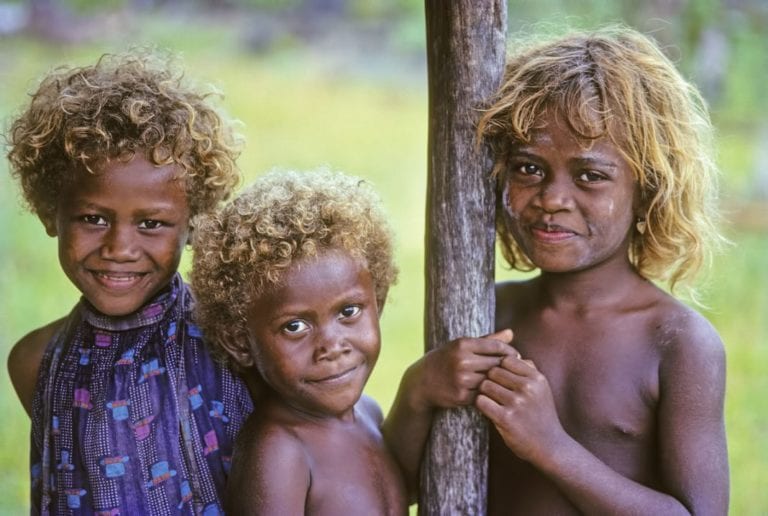
When Nibiru approached Earth’s orbit, approximately 432,000 years before Christ, the Nibiruans used spacecraft to send people and essential goods from their planet to Earth. After reaching the surface, the advanced beings established bases in ancient Mesopotamia.
Many believe that this is the true season of the creation of humanity – within the laboratories of the Anunnaki geneticists. And this recent study confirms this hypothesis almost daily. It offers a vision that could answer one of our oldest and most important questions: Who are we?
To obtain the irrefutable solution to this secular enigma, we must dig deeply where no one has explored before. But this is harder to say than to do. Another way to do this would be to analyze the hidden microscopic records inside each of us. The Anunnaki knew that their DNA was the key to the engineering of the ideal slave. In our endless search for our true lineage, we must do the same as human beings.
In a recent effort, another group of scientists came to a similar conclusion. Led by evolutionary geneticist Eske Willerslev of the Natural History Museum in Denmark, scientists examined DNA samples taken from 83 aboriginal Australians. They also tested 25 participants from native highland populations of Papua New Guinea. To their surprise, the researchers discovered exotic DNA, similar to Denisovan in the genomes of study volunteers. Keep in mind. The researchers only called it identical to the Denisovan. Still, the group that ceded their genes to the participants’ ancestors is entirely unknown. “Who this group is, we do not know,” Willerslev said. Neither do we, but a particular crowd comes to mind.
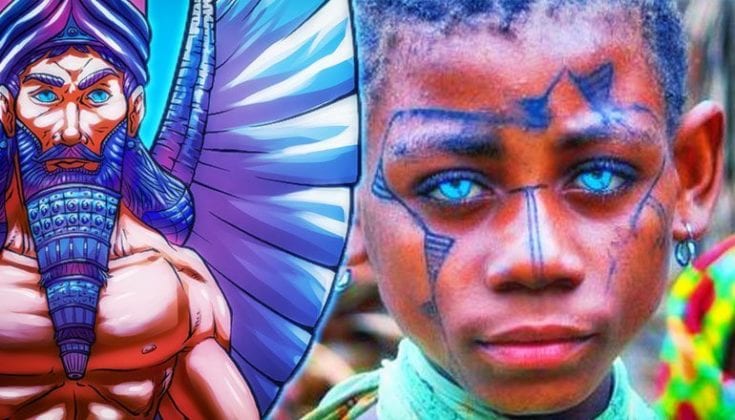
No debe sorprender que tales descubrimientos se hagan siempre cuando se estudia el genoma de poblaciones remotas. Con el tiempo, estos grupos aislados tuvieron poco contacto con el mundo exterior. Vivían y procreaban dentro de comunidades cerradas y esto se refleja en su genoma. Cuanto más rica y diversa sea su ascendencia, menos probable es que los genes particulares permanezcan sin cambios. En el caso de los aborígenes australianos y melanesios, el aislamiento significa que menos genes fueron alterados a lo largo de su existencia.
It is not difficult to imagine this alternative version of our past. The Anunnaki come to Earth, play God, and create humanity. Chief scientist Enqi and chief medical officer Ninti use genetic manipulation and in vitro fertilization to create human beings in their image. They use society to serve their purposes, and when it suits them, they dispense destruction in the form of a flood of Biblical Proportions. Some chosen human beings are protected by a faction of the Anunnaki who decided to go against the protocol. They survive and spread in every corner of the globe. Thousands of generations pass, and the genomes of those who “socialize” more mingle beyond recognition. But in some places, the flame of the creators still burns.

